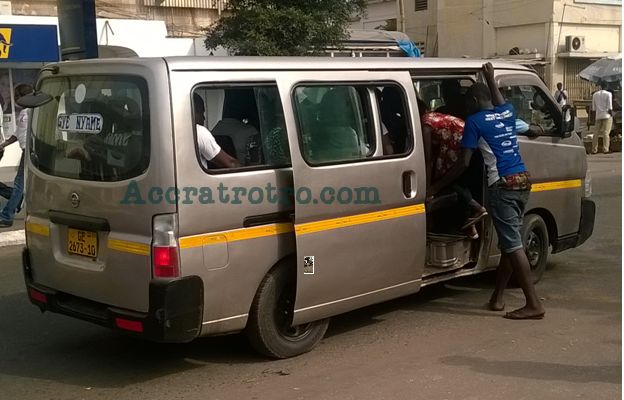Accratrotro.com provides exclusive information on trotros in the Ghana’s capital city of Accra. It is a resource for finding trotros, terminals, fares, and general information about this class of transport. The website features maps with markers, images to help you identify the various terminals and stops, and videos about what it is like to ride in a trotro.
Accratrotro.com is a public consumer website managed by Ekumfi and Webster, a web service agency operating in Ghana, Africa, since 1998.
MORE INFORMATION ABOUT TRANSPORT SERVICES
For millions across the African continent, the rhythmic rumble of a city bus is more than just background noise; it’s the sound of opportunity, a lifeline connecting individuals to jobs, education, healthcare, and social connections. City buses in Africa are far more than just a mode of transportation; they are vital arteries pumping lifeblood into urban centers, shaping economies and influencing the daily lives of countless citizens.
However, the story of city buses in Africa is a complex one, filled with both triumphs and challenges. While these vehicles remain an indispensable part of the urban landscape, they often face hurdles like aging infrastructure, limited funding, and the pressures of rapid urbanization. Understanding the role they play, and the obstacles they navigate, is crucial to fostering sustainable and equitable urban development.
The Vital Role of City Buses:
The importance of city buses in African urban centers cannot be overstated. They provide:
- Access to Opportunity: For many low-income individuals, buses are the only affordable way to access employment opportunities located in different parts of the city. This access directly impacts their ability to earn a living and improve their quality of life.
- Critical Infrastructure for Education and Healthcare: Students rely on buses to get to schools and universities, while patients utilize them to reach clinics and hospitals. Without reliable bus services, access to these essential services is significantly restricted.
- Affordable Mobility: Compared to taxis, private cars, or even motorcycles, buses offer a significantly cheaper option for navigating the city. This affordability ensures that mobility is accessible to a wider range of socioeconomic backgrounds.
- Reduced Congestion (potentially): When efficient and reliable, bus systems can encourage residents to opt for public transport over private vehicles, helping to alleviate traffic congestion and reduce pollution.
- Social Connectivity: Buses provide a space for people from diverse backgrounds to interact, fostering a sense of community and shared experience within the urban environment.
Looking Towards a Sustainable Future:
Addressing these challenges requires a multi-pronged approach that prioritizes investment, innovation, and collaboration:
- Increased Investment in Public Transport: Governments need to prioritize investment in modernizing bus fleets, improving road infrastructure, and developing dedicated bus lanes to improve efficiency and reduce congestion.
- Embracing Technology: Implementing smart ticketing systems, GPS tracking, and real-time information displays can enhance the passenger experience and improve operational efficiency.
- Regulation and Formalization of Informal Transport: Integrating informal transport operators into the formal public transport system through regulation, training, and licensing can improve safety standards and reduce competition.
- Public-Private Partnerships: Encouraging public-private partnerships can leverage private sector expertise and investment to develop and operate sustainable bus services.
- Promoting Sustainable Urban Planning: Integrating land use and transport planning can reduce the need for long commutes and encourage the development of walkable, transit-oriented communities.
- Community Engagement: Involving local communities in the planning and decision-making process can ensure that bus services are tailored to meet the specific needs of the population.
City buses are not just a mode of transport in Africa; they are a symbol of opportunity, a driver of economic growth, and a vital component of the urban fabric. By addressing the challenges they face and investing in their future, African cities can unlock the full potential of these essential services and create more sustainable, equitable, and vibrant urban environments for all. The future of African cities rides, quite literally, on the success of their bus systems.
